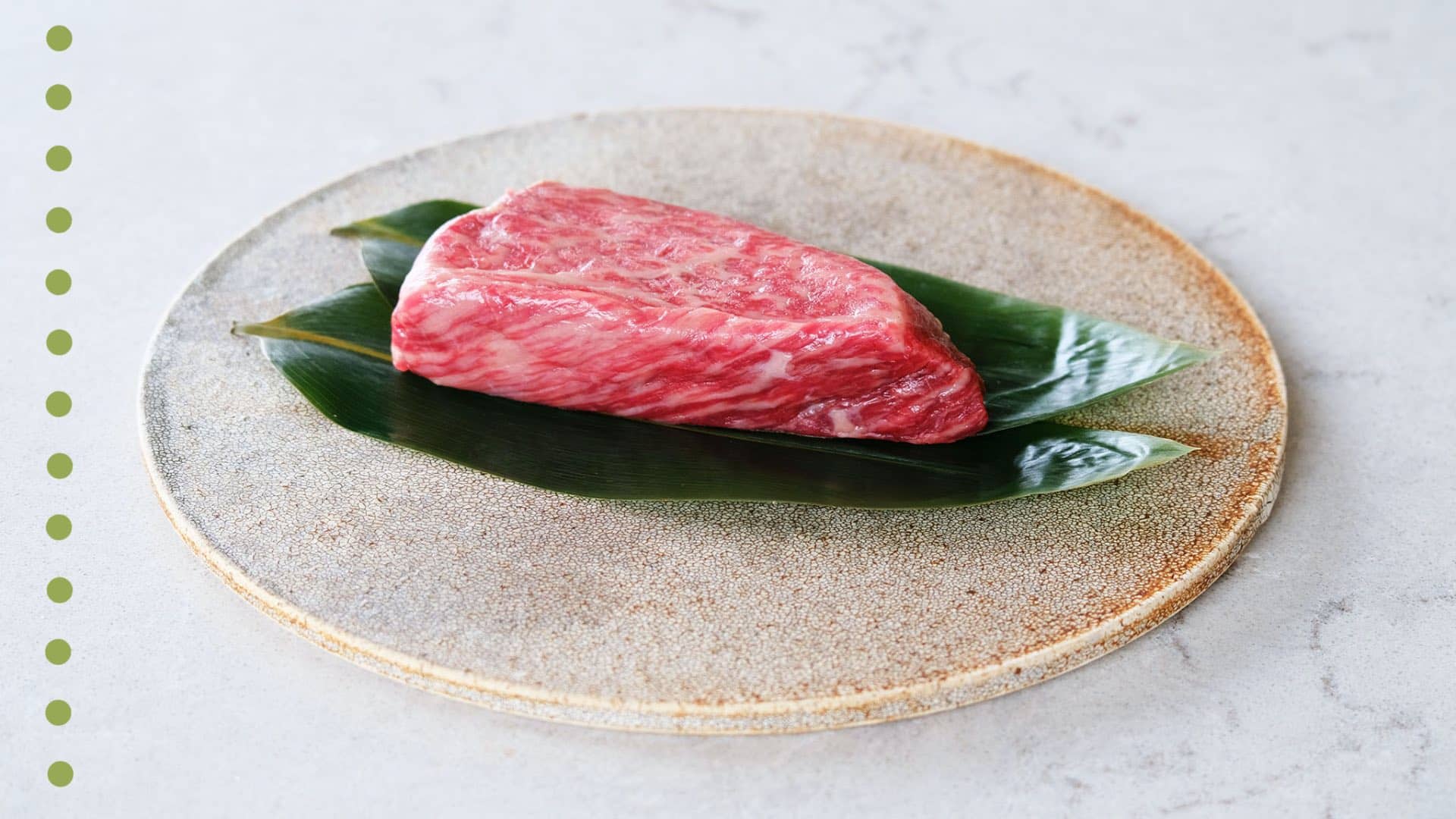What is iron?
Iron is an important mineral that keeps blood healthy. It’s a major component of hemoglobin, a type of protein in red blood cells that carries oxygen from the lungs to all parts of the body. Without enough iron, there aren’t enough red blood cells to transport oxygen, which leads to fatigue. Iron is important for healthy brain development and growth in children and for the normal production and function of various cells and hormones.
Iron from food comes in two forms: heme and non-heme. Heme is found only in animal flesh like meat, poultry, and seafood. Non-heme iron is found in plant foods like whole grains, nuts, seeds, legumes, and leafy greens. Non-heme iron is also found in animal flesh and fortified foods. Heme iron is better absorbed by the body than non-heme iron.
Iron Benefits
- Prevents anemia (iron deficiency)
- Aids neurological development
- Aids cellular functioning
- Stimulates synthesis of some hormones
- Oxygenates blood
How much iron do you need per day?
- Adult Women: 18 mg
- Adult Men: 8 mg
- Pregnant/Breastfeeding Women: 27 mg
Natural sources of iron
- Sources of heme iron:
-
- Beef
- Chicken
- Poultry
- Oysters
- Clams
- Mussels
- Organ meats
- Canned sardines and light tuna
- Sources of non-heme iron:
- Fortified breakfast cereals
- Beans
- Dark chocolate (at least 45%)
- Lentils
- Spinach
- Potato (with skin)
- Nuts and seeds
- Enriched rice or bread
Learn about iron deficiency symptoms.
Further reading: Harvard School of Public Health, National Institutes of Health
